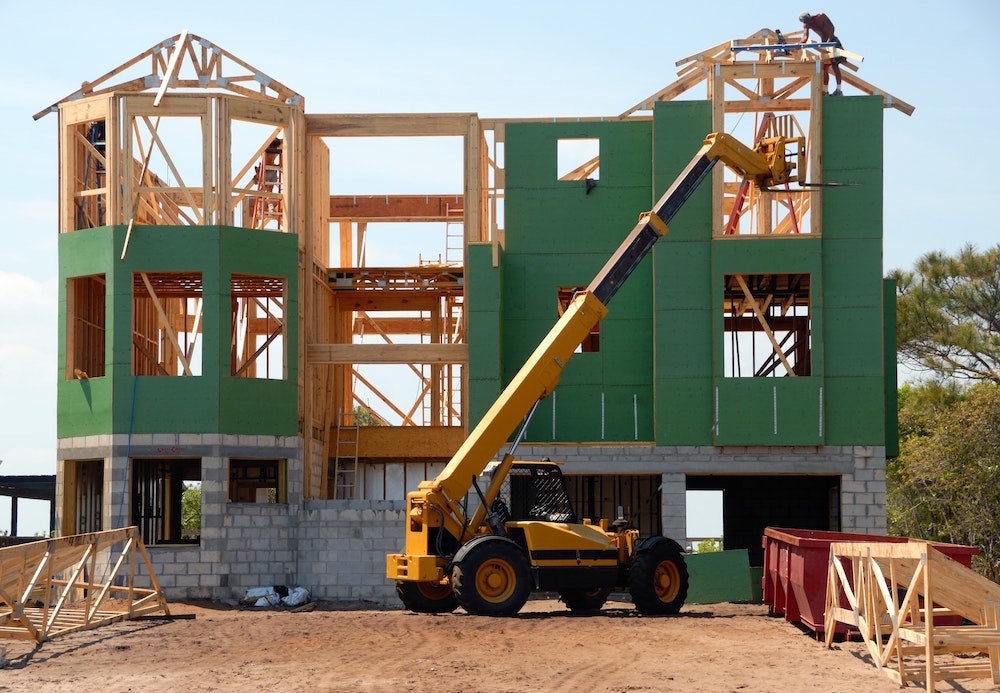The Bank of England (BoE) has announced it is again keeping its base bank rate at 0.1%.
The base rate has been kept at 0.1% since March last year when it was cut by 15 basis points to stabilise the economy amid the first wave of the coronavirus outbreak.
The Monetary Policy Committee (MPC) at the BoE, which sets monetary policy to meet the 2% inflation target, voted unanimously to maintain the base interest rate at its lowest ever level.
In the MPC’s central projection in its May Monetary Policy Report, the BoE stated that the UK GDP was expected to “recover strongly” over 2021, to pre-pandemic levels. The Bank is also projecting CPI inflation to to rise temporarily above the 2% target, owing mainly to developments in energy prices.
Commenting on the latest decision from the BoE, Killik & Co associate investment director, Rachel Winter, said: “The success of our COVID-19 vaccination programme combined with the reopening of our economy has led to a surge in consumer activity, which in turn has caused a spike in inflation to 2.1%.
“However, the BoE has not yet felt the need to apply the brakes to prevent the economy from overheating, and today it has left interest rates untouched.
“Borrowers will be relieved, including the UK government which borrowed a further £24bn in May. On the other hand, savers will no doubt be disappointed about continuing low returns on cash, as will retail banks who must continue to charge lower rates for loans and mortgages.
“Given that the government is reducing furlough scheme contributions next month and real wages have fallen, it is expected that inflation will stabilise over the coming months without the need for interest rates rises in the short-term.”
Latest News
-
Metro Bank hits record growth in corporate and commercial lending
-
Intermediary confidence softens slightly in Q4 – IMLA
-
8.6 million savings accounts exposed to tax
-
Mortgage lending rises 16% in 2025 – UK Finance
-
Nationwide doubles households who can benefit from 0% green home borrowing
-
One in five landlords now operate through a limited company
Mortgage Advice Bureau and AI in the mortgage sector
Chief executive officer at Mortgage Advice Bureau, Peter Brodnicki, and founder and managing director at Heron Financial, Matt Coulson, joined content editor Dan McGrath to discuss how Mortgage Advice Bureau is using artificial intelligence to make advancements in the mortgage industry, the limitations of this technology and what 2026 will hold for the market
Perenna and the long-term fixed mortgage market

Content editor, Dan McGrath, spoke to head of product, proposition and distribution at Perenna, John Davison, to explore the long-term fixed mortgage market, the role that Perenna plays in this sector and the impact of the recent Autumn Budget
NEW BUILD IN FOCUS - NEW EPISODE OF THE MORTGAGE INSIDER PODCAST, OUT NOW

Figures from the National House-Building Council saw Q1 2025 register a 36% increase in new homes built across the UK compared with the same period last year, representing a striking development for the first-time buyer market. But with the higher cost of building, ongoing planning challenges and new and changing regulations, how sustainable is this growth? And what does it mean for brokers?
Does the North-South divide still exist in the UK housing market?

What do the most expensive parts of the country reveal about shifting demand? And why is the Manchester housing market now outperforming many southern counterparts?
In this episode of the Barclays Mortgage Insider Podcast, host Phil Spencer is joined by Lucian Cook, Head of Research at Savills, and Ross Jones, founder of Home Financial and Evolve Commercial Finance, to explore how regional trends are redefining the UK housing, mortgage and buy-to-let markets.
In this episode of the Barclays Mortgage Insider Podcast, host Phil Spencer is joined by Lucian Cook, Head of Research at Savills, and Ross Jones, founder of Home Financial and Evolve Commercial Finance, to explore how regional trends are redefining the UK housing, mortgage and buy-to-let markets.
© 2019 Perspective Publishing Privacy & Cookies









Recent Stories